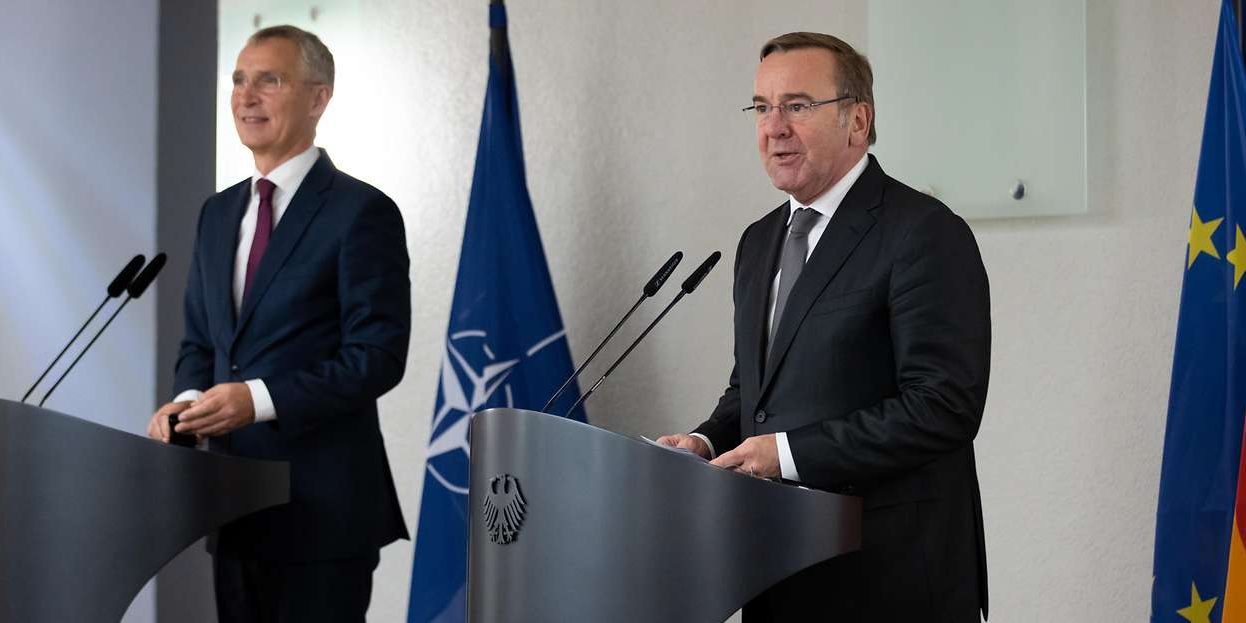On November 10, NATO Secretary General Jens Stoltenberg first held talks with Federal Chancellor Olaf Scholz (SPD) and then with Defense Minister Boris Pistorius (SDP). As expected, the main topics of discussion were the current situation in Ukraine and developments in the Middle East and the Western Balkans, which everyone agreed were a cause for concern.
Nevertheless, the support provided to Ukraine must be maintained, as otherwise there is a risk of disaster for Ukraine and a dangerous situation for the Alliance and security in Europe. Stoltenberg and Pistorius also shared the view that only a strong Ukraine could take a strong position at the negotiating table. Another topic was Germany’s role in NATO. The German Defense Minister presented the NATO Secretary General with a copy of the new security policy guidelines, which follow on from Germany’s National Security Strategy and set out national and alliance defense as the core mission of the Bundeswehr. Pistorius explained that the security of the Alliance is also the security of Germany. In return, Stoltenberg thanked Pistorius for his strong personal commitment and emphasized Germany’s leading role within NATO at this critical time. This applies both to support for Ukraine, where Germany is making the second largest contribution after the USA, and to the implementation of NATO’s regional plans, to which Germany is making significant contributions of its own, not least through the decision to permanently station a German brigade in Lithuania. The NATO Secretary General also acknowledged the leading role played by Germany in the European “Sky Shield Initiative”: Germany was making a significant contribution to strengthening NATO’s air and missile defense and thus to securing the Alliance’s airspace. In conclusion, Stoltenberg thanked the Federal Chancellor for his commitment to reach and maintain the target of two percent of Germany’s domestic product from next year. Germany is a reliable partner with an efficient and innovative industrial base that has shown that it can react flexibly to new circumstances. The turnaround would therefore not only be implemented with words, but also with deeds.







